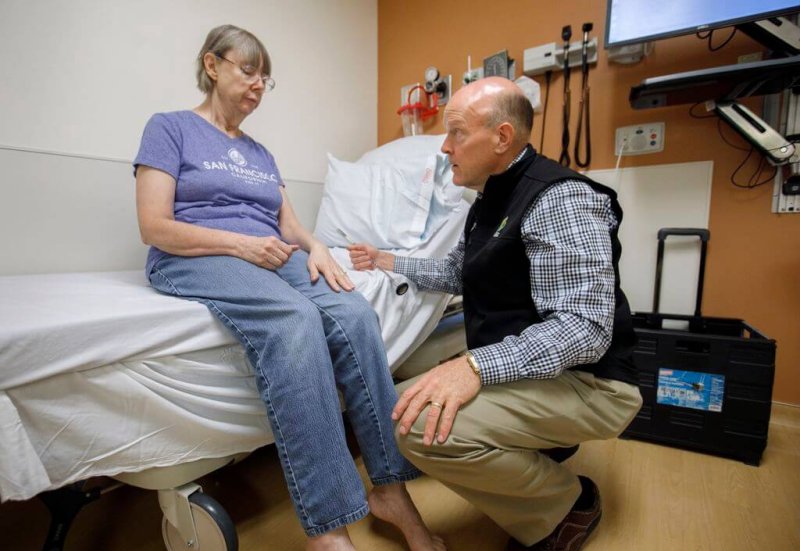The appendix, a once-dismissed organ now known to play a role in the immune system, may contribute to a person’s chances of developing Parkinson’s disease.
…
[Researcher Viviane] Labrie’s team analyzed health records from a national registry of Swedish people, some of whom were followed for as many as 52 years. That long observation time was key: People have their appendix removed most often in their teens or 20s but, on average, don’t develop Parkinson’s disease until their 60s.…
For people without an appendix, the incidence of Parkinson’s disease was 1.6 per 100,000 people per year compared with about 2 per 100,000 per year for those with the organ. Removing the appendix was associated with a 19 percent drop in the risk of developing Parkinson’s disease.
…
The team discovered alpha-synuclein clumps in 46 of the [appendix] samples — from both old and young patients — similar to those seen in the brains of Parkinson’s patients. The clumped protein has been found in other areas of the gut, and past research suggests that it’s possible for the protein to travel along the main nerve that connects the gut to the brain.
If the clumped protein in the appendix turns out to jump-start the disease, Labrie said, “preventing excessive alpha-synuclein clump formation in the appendix, and its departure from the gastrointestinal tract, could be a useful new form of therapy.”
Read full, original post: The appendix is implicated in Parkinson’s disease































